HOW TO
Improve PhD Supervision
1.5-day course
Reflect on and improve supervision of PhD candidates.
Why join a course on PhD supervision?
This course supports supervisors in reflecting on and developing excellent supervision of their PhD candidates. If you supervise PhD students and feel that there are aspects that you would like to improve regarding communication, agreements, expectations, supervisory meetings, or progress monitoring, you are an ideal candidate for this course.
What you learn?
Participants become familiar with international standards of good supervisory practice and how to give the best support to their PhD candidates. They get very practical tools and tips that can be implemented right away in their own supervisory situation. Exchanging experiences with colleagues and learning about their practice is part of this course as well as discussion of individual topics in peer groups. You get input on the decisive early steps of the relationship between supervisor and PhD student, the entire supervisory process until PhD completion, and tools for evaluating and further developing your supervisory skills.
During the course you test the application of these tools in practical exercises. At the end of the course, you have a variety of instruments at hand that you can apply directly for improving supervision of your PhD candidates.
Who benefits most?
Academic staff who supervise PhD students, either as main or secondary supervisor. They can exchange on issues of PhD supervision in a stimulating and motivating environment.
What topics do we cover?
- International developments in PhD education
- Biggest problems of PhD students
- Time to completion
- Challenges of supervisors
- Good practice in supervision
- Developing supervisory styles
- Enhancing the supervisor-student-relationship
- Clarifying expectations
- Setting up supervisory agreements
- Organising productive supervisory meetings
- Handling difficult conversations
- Monitoring student progress
- Enhancing student motivation
- Self-and peer-assessment
How is it taught?
This 1.5-day course is taught live via video-conferencing allowing you to attend also from remote locations. It includes live presentations from our presenter, Bärbel Tress, group discussions, short exercises, and ample time for your specific questions.
On request, this course can also be delivered in-house at your institute.
What learners say about this course?
Read the feedback of previous participants below, click here.
About the Instructor
Bärbel Tress (PhD) is an enthusiastic Research Career Expert, has researched and taught at various universities and research institutes across Europe, served as an Associate Editor for an international peer-reviewed journal, and regularly has supervised students herself. For 18+ years, she has coached and advised PhD students from all fields to help them get successfully complete their PhD projects on time. She is a graduate of Heidelberg University (D), obtained a PhD in Landscape Ecology from Roskilde University (DK), and worked as researcher and lecturer at universities in Wageningen (NL) and Aberdeen (UK).
. 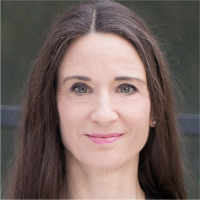
How to book?
You can book the course for your team, your graduate programme, or a group of PhD supervisors. Get in touch with us and discuss when would be the ideal time to arrange this course for you. If you get the group of enthusiastic PhD supervisors together, we take care of everything else!
Contact us to discuss this further at info@tressacademic.com or ask for a free Zoom call!
Download the complete course overview as a PDF file by clicking on the button below:
Related courses and services:
Related free resources:
Level
Academic staff who supervise PhD students
ECTS
0.5
Participants
a group of max. 20
Duration
1.5 days (9 am – 5 pm, 9 am - 1 pm)
Instructor
Dr. Bärbel Tress
Mode
Live online or in-house
How We Helped Others With
Supervising PhD Students
“The course provides a very good hands-on guidance to improve supervision. Very structured introduction into the topic/problem and detailed presentation of tools.”
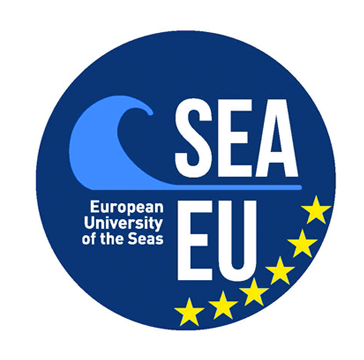
“The presentation was top notch, the host being obviously an expert in the field, very clear in her explanation, extremely patient with participants, ready to explain again if a participant asked for it. The delivery, slides, exercise, and the entire concept were masterful.”
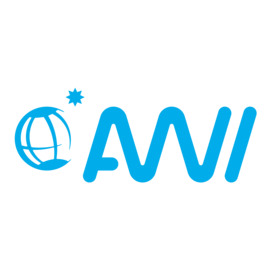
“The structured discussion with colleagues was very beneficial. The realisation by most participants that they don’t only face their own issues or concerns, but that their colleagues have similar issues with their PhD candidates.”
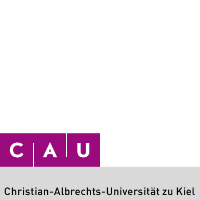
“This course has helped me with many tools (charts, tables) and how to be closer to my PhD students. I will definitely take advantage of the information from the course to supervise my students better from now on.”

“As a leader of a research group I have handed out the supervision assessment forms Bärbel gave us to everyone. Here’s the feedback I received from one PhD candidate: “This is such a thoughtful and kind initiative to ask your students for an assessment of their supervision, I have never heard of someone doing that. Thank you so much for being such a great supervisor!” :D“

“Very helpful advice! Lots of practical suggestions that I can try out with my PhD students.”
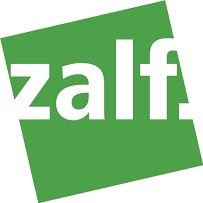
“I enjoyed learning how to develop individual supervision styles, and to hear about other supervisors’ experiences.”

“I was really surprised with all the information given in one day and a half. It was very helpful. The group exercises were also very good to immediately practice some of the suggestions that we received.”

“Great course – we discussed many tools which one can use to improve supervision. No one says you have to do this or that – it’s all your choice. In the end, it’s our PhD students who will benefit and for us it’ll make supervision more manageable and structured.”

“I liked the breadth of topics covered. The different types of exercises. Diversity in the tools used for teaching meant we were all engaged all of the time! Well done!”

“I found it great that we transferred each tool to our own PhD students. We even practiced supervisory sessions and collegial feedback, which I may not have tried otherwise, but found it very helpful.”
“I enjoyed learning how to develop individual supervision styles, and to hear about other supervisors’ experiences, which in turn influenced me to think about how to develop my own style in such a way it could most benefit my students.”